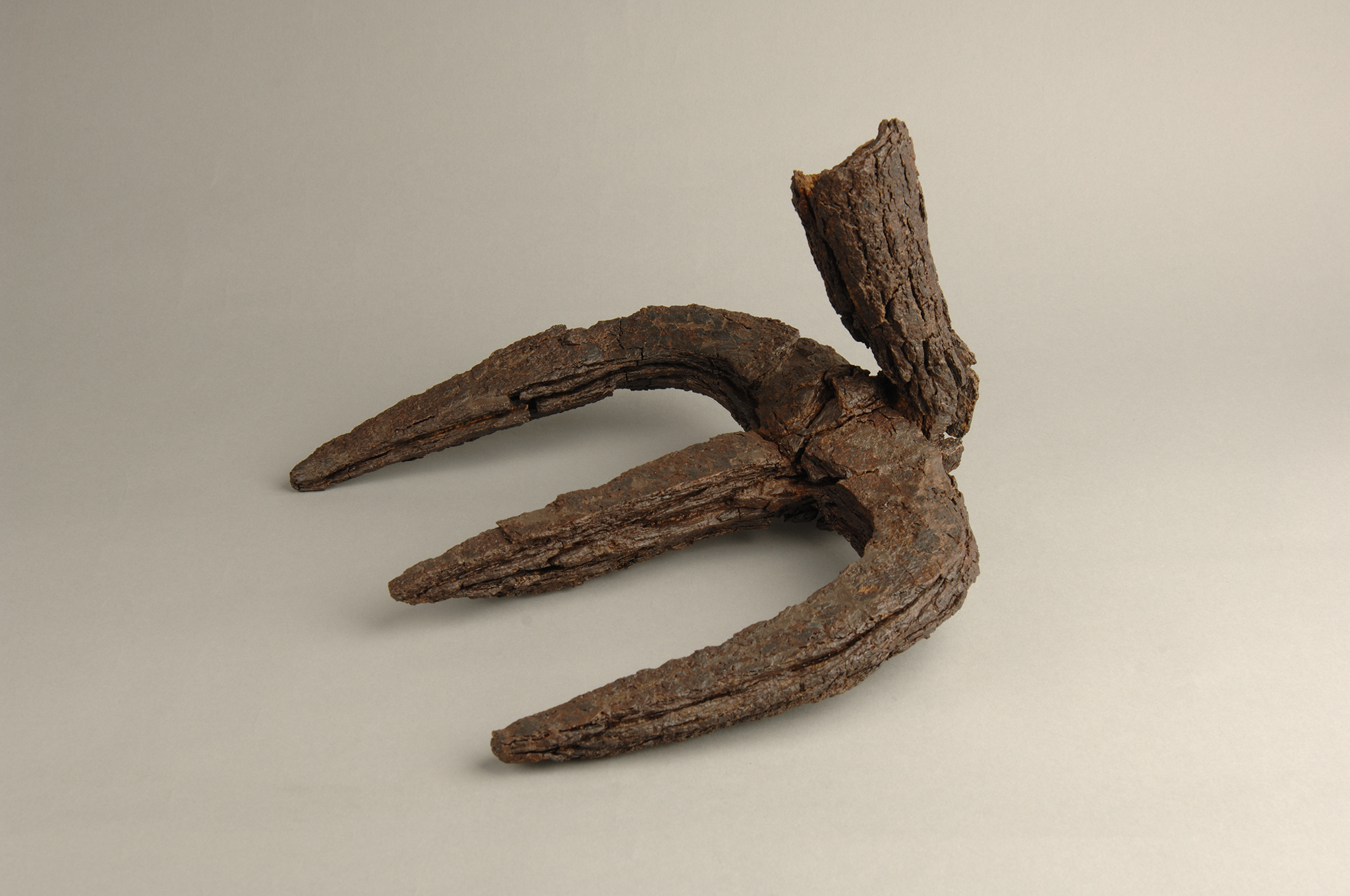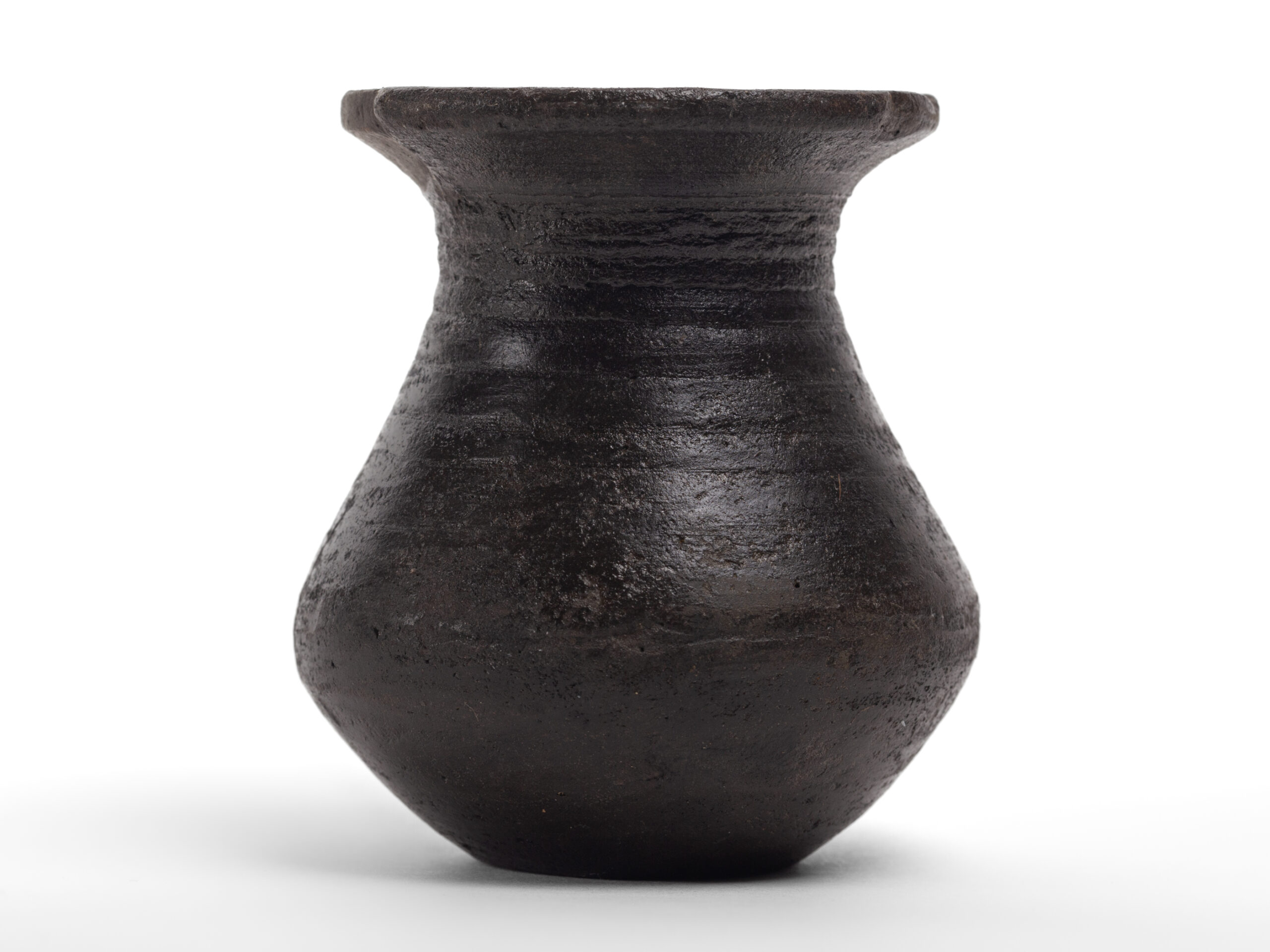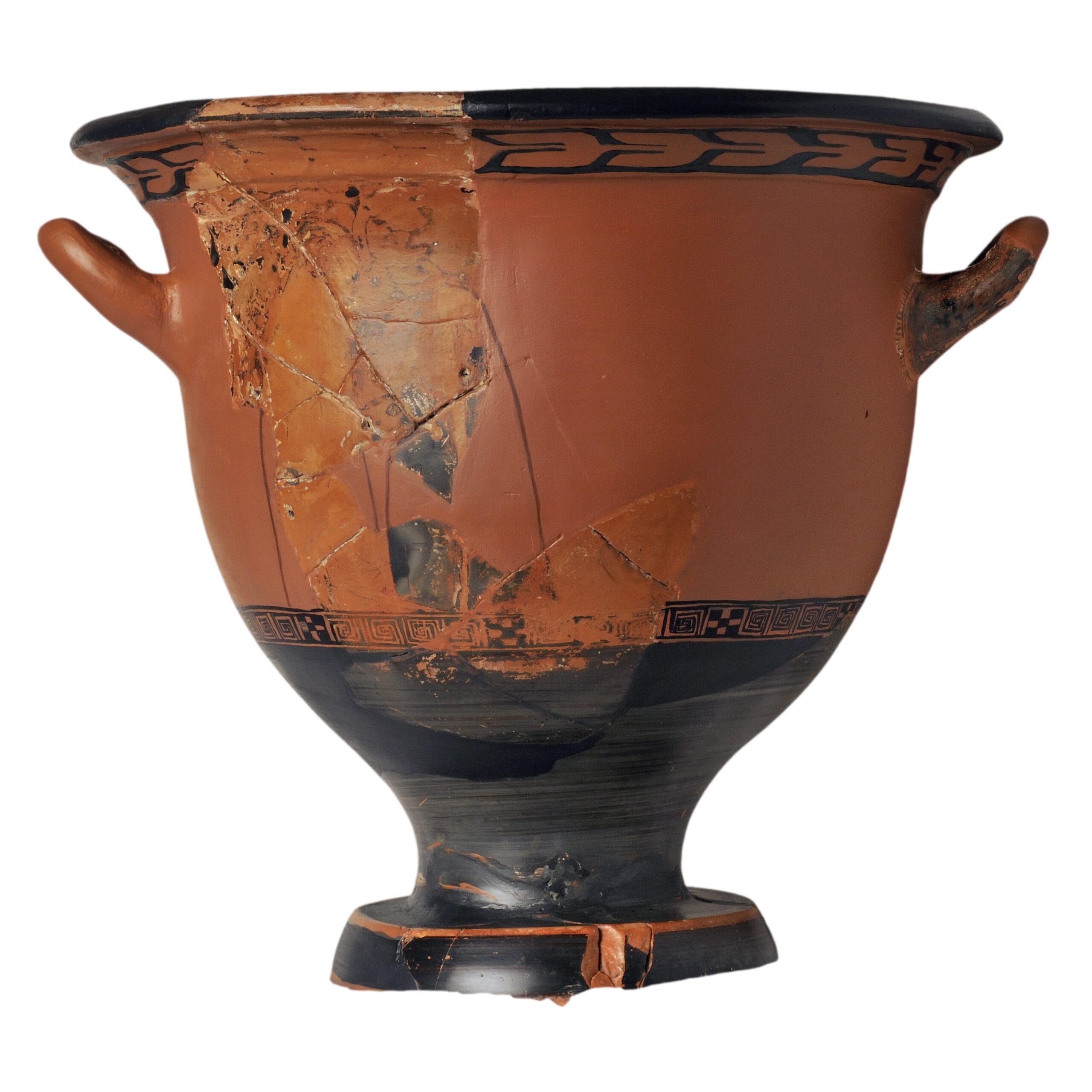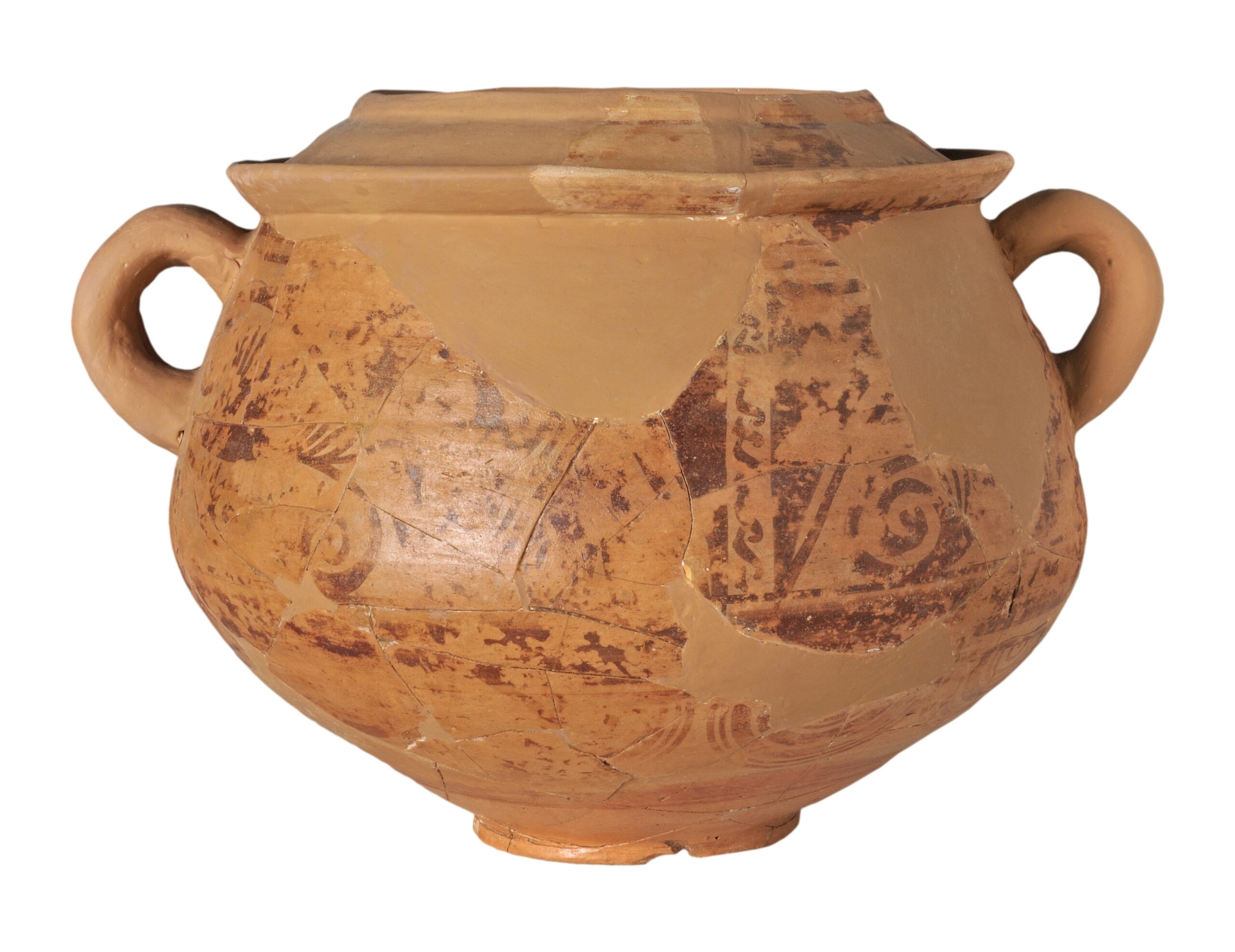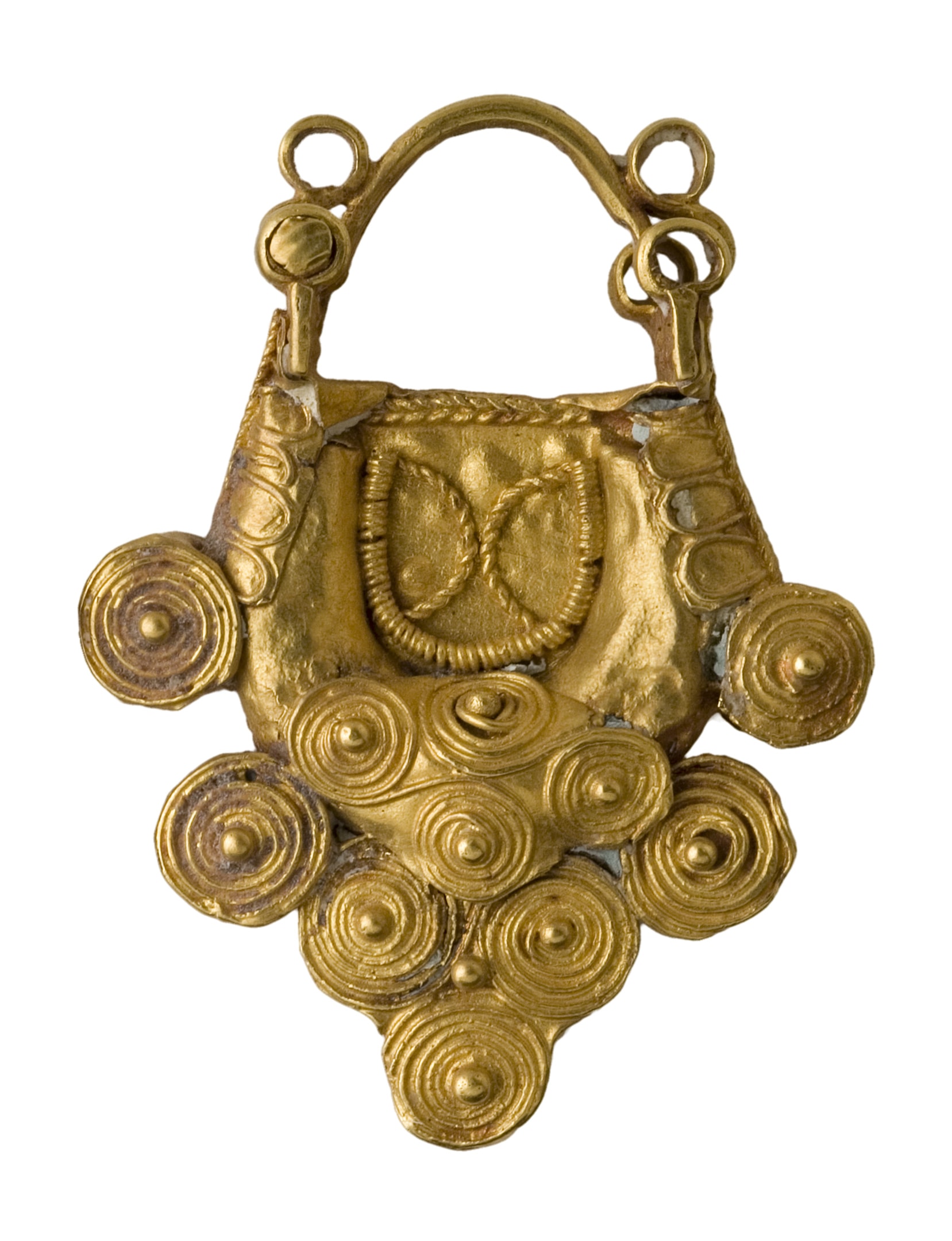- Object type
- gutti
- Production date
- -250 / -200
- Fabric
- indeterminate black varnish
- Culture
- Protohistory and Iberian world
- Discovery location
- Molí d’Espígol
- Materials
- pottery
- Township
- Tornabous (Europa, Espanya, Catalunya, Lleida, Urgell)
- Technique
- wheel-thrown
- Where is it?
- Exposició permanent
- Dimensions
- 70 x 153 mm


